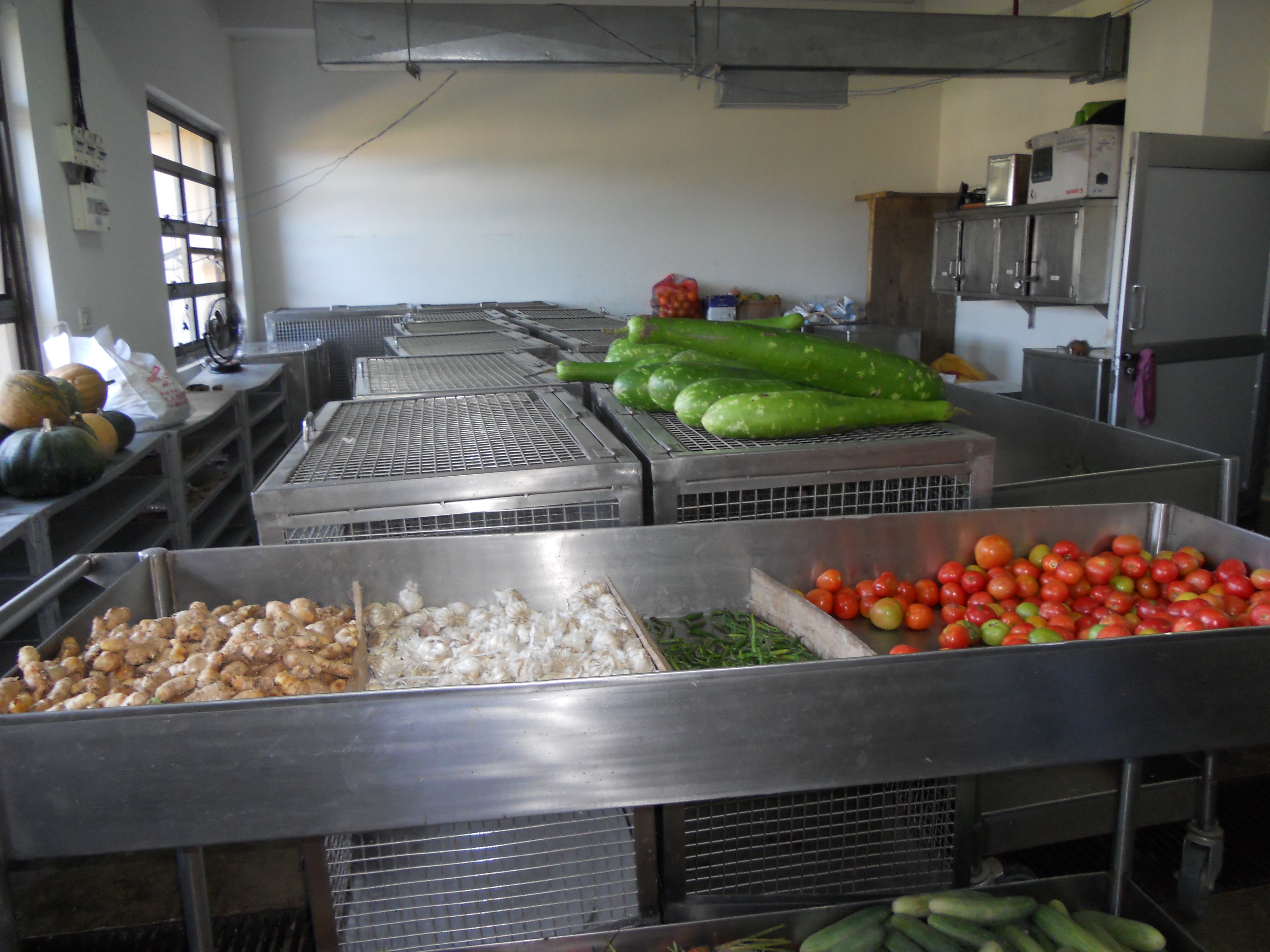Why The Dietary Department Is Important For A Hospital
Enteral and parenteral nutrition.
Why the dietary department is important for a hospital. The basic principles of what constitute a healthy diet remain the same. The daily function of the dietary department is to prepare meals and snacks for the patients that are admitted to the hospital. People who regularly eat. Answers from experts on dietary department in hospital.
Hospital diet is an essential part of modern therapy in all medical departments. Doctors offices open generally from 9 5 and m f. Patients may be elderly have a chronic disease or take medications that compromise their immune system making it harder for them to fight an infection if they consume contaminated food says sharon mcdonald med rd ldn senior extension. Dietary and food customs.
Medical conditions occur at all hours and an er might be the only thing open. There are obviously many reasons why patients do not or cannot eat in hospital but one of those cited by patients is that their mealtimes are being interrupted by ward activity such as cleaning ward rounds and. Given the importance of a balanced diet to health the intent of the dietary guidelines is to summarize and synthesize knowledge regarding individual nutrients and food components into recommendations for an overall pattern of eating that can be adopted by the general public. Unfortunately er s are used as the family doctor for those without coverage or have minimal coverage.
Function of dietary department in hospital. Food service is one of the most important activities in any hospital as a therapeutic measure it contributes directly through scientifically prepared nutritious diets aimed at specific disease conditions. The importance of food in the care and treatment of hospital patients has been championed by the nursing profession for many years. Healthy food starts with a healthy diet in pregnancy external site continues with breastmilk for babies external site and is important for children and teenagers external site and adults external site and with ageing.
Providing appropriate nutrition in the hospital setting is a particularly challenging task due to the diverse dietary needs of the population. It comprises both the so called normal diets which are prepared according to modern nutritional knowledge dietetic foods and the various forms of artificial nutrition nutrient defined and chemically defined diets parenteral and combined nutrition i e. Food safety in hospitals should be of the utmost importance because their populations are at a higher risk of developing a foodborne illness. Food in hospitals is one important part of an integrated programme for improving nutritional care in hospitals.
So urban er s commonly are crowded with patients.
